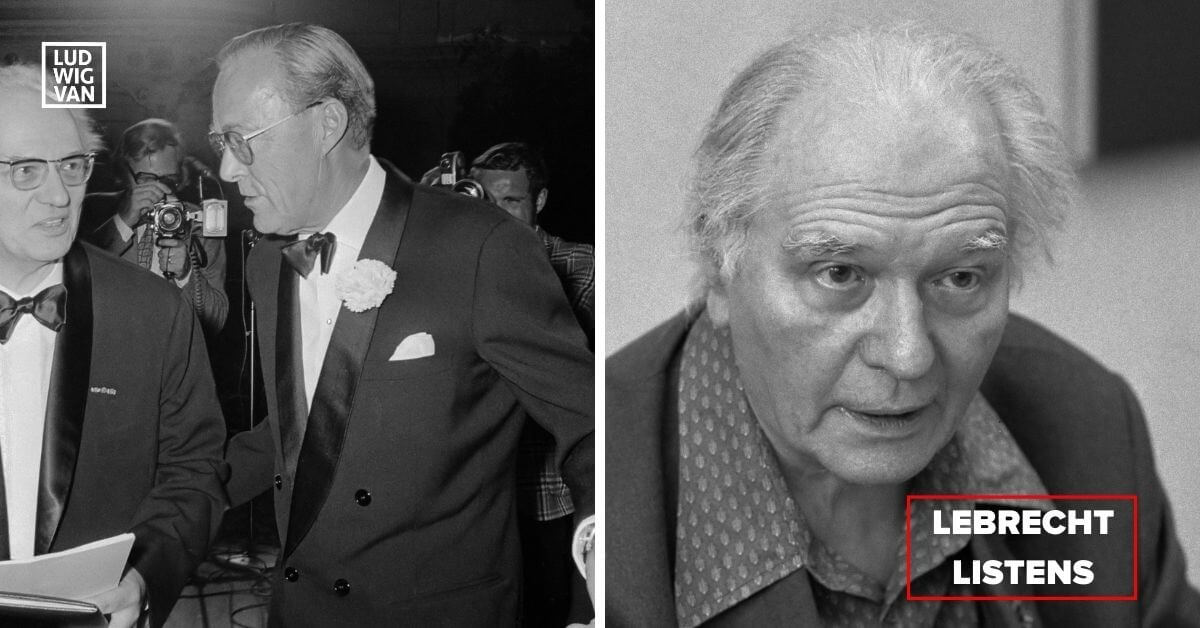
Olivier Messiaen: Quartet for the End of Time (OUR)
★★★★☆
🎧 Spotify | Amazon | Apple Music
Neither the title of the work nor the circumstances of its creation offer much by way of levity. Messiaen was 31, a soldier in uniform, when France collapsed in May 1940 and he became a prisoner of war. The Germans sent him to a camp in Poland. The diet was ersatz coffee for breakfast, a slice of black bread with soup for lunch and nothing in the evening.
Messiaen, ordered to strip naked on arrival, clung to his satchel of pocket scores — works by Berg, Debussy, Stravinsky and Bach. All feed ideas into the quartet he writes for available instruments in the camp: piano, clarinet, violin and cello. ‘The clarinet is a blackbird,’ says Messiaen, ever the ornithologist. He also sees angels descend from Heaven.
The quartet, eight movements and three-quarters of an hour long, receives its first performance in a freezing barracks on January 15, 1941, with Messiaen at the piano. “Never was I listened to with such rapt attention and comprehension,” he wrote.
The first two movements are appropriately sombre, but the third, dominated by the mocking blackbird, releases the bonds of morbidity. The middle movements are increasingly frisky, rich in quotations from across the classical spectrum. Fantasies of freedom permit liberties of fun. Messiaen, a devout Catholic, reverts to solemnity, but not before he has released great beauty. Every smile in this work is worth a million.
Four Copenhagen musicians — Christina Astrand, Johnny Tessier, Henrik Dam Thomsen and Per Salo — made this recording in the middle of the first COVID summer. Their experience of lockdown and their relief in making music together reflect Messiaen’s own confinement. This is a magnificent performance, committed from first to last, a more convincing and optimistic account of the quartet than you will hear on record from many more famous soloists.
To read more from Norman Lebrecht, subscribe to Slippedisc.com.
#LUDWIGVAN
Get the daily arts news straight to your inbox.
Sign up for the Ludwig van Daily — classical music and opera in five minutes or less HERE.
- LEBRECHT LISTENS | Two Releases Of Elgar Symphonies To Compare - April 19, 2024
- LEBRECHT LISTENS | Jordan Bak’s Cantabile For Viola Reveals The Neglected Instrument’s Beauty - April 12, 2024
- LEBRECHT LISTENS |David Robert Coleman & The Berlin Radio Symphony Orchestra Reveal The Charms Of Walter Kaufmann - April 5, 2024



